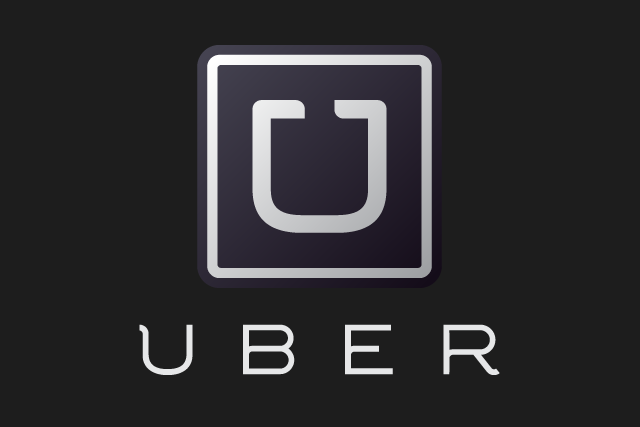City Council Approves Ride-Share Ordinance
By Lisa White in News on May 28, 2014 9:45PM

The City Council approved Mayor Rahm Emanuel’s ride-sharing ordinance today with a vote of 34-10. The main facets of the ordinance includes creating two tiers of ride-sharing licenses based on hours driven, continuing to prohibit airport pickups and "reserving the right" to cap surge pricing.
Taxicab companies are arguing that these regulations are not enough and are still favoring ride-sharing companies. These companies and unions also expressed concern over the conflict of interest Mayor Emanuel might have since his brother, Ari Emanuel, is a major investor in Uber, one of the largest ride-share companies. Of course the Mayor has denied any conflict-of-interest.
One of the highlights of the new ordinance include companies being prohibited from picking up street hails or riders from McCormick Place, O'Hare and Midway airports. That said, as the Sun-Times points out, that could change given the wording in the ordinance which includes the following in regards to those fares: “unless the commissioner determines, in duly promulgated rules, following consultation with the commissioner of aviation, that such pick ups can be accomplished in a manner that preserves security, public safety and the orderly flow of traffic; and . . . designated taxicab stands or loading zones.”
Another major part of the ordinance requires ride-sharing companies which allow drivers who use their personal vehicle (UberX, Lyft and SideCar) to monitor workloads, forward information to the city and purchase a specific license based on hours driven. For companies where drivers average more than 20 hours in a week, the company would be required to pay $25,000 a year. Each driver would also be required to obtain a public chauffeur's license, which is already required for cabdrivers. The company would also have to hire a third party to conduct a 21-point inspection on any ride-sharing vehicles. And City Hall would be involved conducting drug tests and background checks on drivers.
The ordinance is a bit more lax when it comes to companies where drivers average less than 20 hours a week. Those companies would be required to pay $10,000 a year, would have a Class A license and would be permitted to do their own background and drug checks and vehicle inspections as long as they have the required approval from City Hall.
Companies at both levels will now be required to have $1 million in "commercial auto liability" insurance. They must also service the entire city of Chicago instead of just focusing on certain desirable neighborhoods, which we are interested in seeing how this rule will be regulated.
The actual fares, however, will not be regulated, which the city does for taxis, but the ordinance does reserve the right to cap surge pricing during high demand if the new disclosure requirements in the ordinance fail to "alleviate consumer complaints." In order to curb these complaints, companies will be required to announce publicly when surge-pricing begins and they must provide customers with a "true fare quote" instead of the usual multiplier method that is used by companies such as Uber. We're interested to see how these rules are put into place and monitored by the city in the coming months.